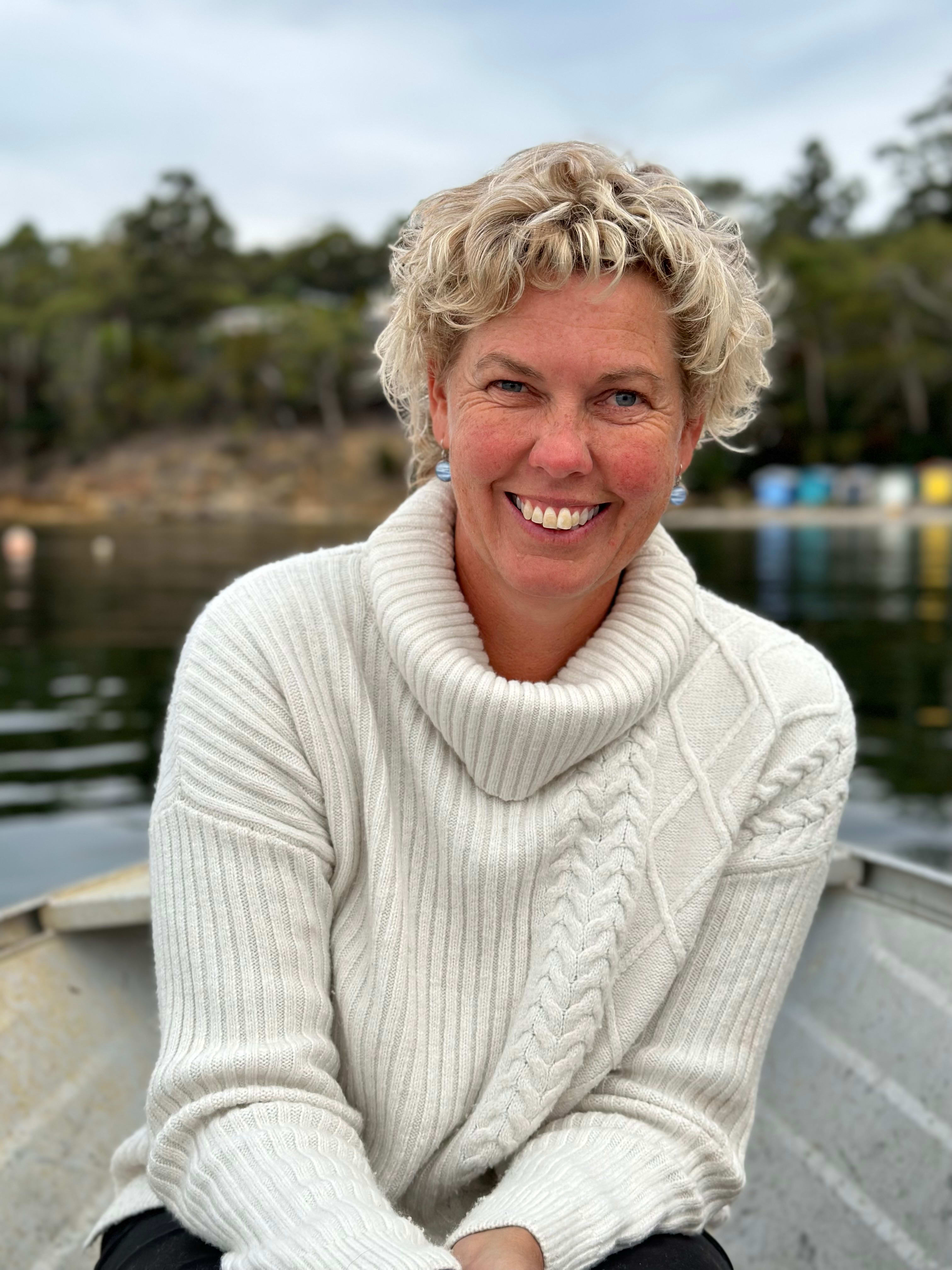The stairs leading up to the first floor show their age. Made of Huon pine, the centre of each step has been worn down over the years by the hundreds of footsteps from orphaned children and the adults in charge who once lived here. Upstairs in the two dormitories, light coming in through the windows (which weren’t there when it was an orphanage) picks out details on the timber floor, the bare walls and the heavy timber door. The rooms are spacious but empty, laden with the past.
The former Queens Orphanage for Boys at St Johns Park, New Town, has been left to crumble for many years, the grim stories of the individual children mostly lost to history. The orphanage, built in 1831, was one step up from living on the streets, but even in those harsh times it was considered “cold, comfortless and ill arranged”.
There was a mortality rate of six times the average for children of the same age in the colony.
Underneath all this are the stories of the mouheneener people, the Aboriginals who once called this land home.
“Jami [Bladel, artistic director and CEO of KickStart Arts] decided she wanted to make this a community inclusive place for healing, for sharing story and for sharing culture, and in the process turn the story around,” says Richard Bladel, KickStart’s senior creative producer.

An innovative organisation with vision and a hard-working team of paid workers and volunteers, KickStart Arts works with all sorts of communities, especially disadvantaged and socially marginalised ones, to encourage them to tell their stories through art. “We feel that art making is for everyone,” Richard said. “It builds bridges of understanding in a unique way. It enriches our emotional awareness and a sense of who we are.”
Using professional artists in the realms of film, digital art, theatre, projection art, design, dance and music, who work as facilitators with the communities, KickStart produces art and in the process supports people’s wellbeing. One of the initiatives, The Happiness Project, involved eight communities making 76 short films about what makes them happy and the root causes of happiness. The communities were spread from Flinders Island to Dover and the program earned a motion of thanks from State Parliament for KickStart’s contribution to positive mental health in rural Tasmania.

Plans for the old orphanage include a contemporary theatre and workshops which can be converted to an exhibition space on the ground floor. Upstairs the old dormitories will be converted to spaces that can be used for performing arts of all types, rehearsals and wellbeing activities such as yoga, pilates and exercise. There will be a floor capable of dance rehearsals, and a flexible setup for sound.
It’s an exciting project but also a challenging one. From raising the required finance to refurbishing a heritage building – which hasn’t been used for many years – for contemporary use requires a lot of thought and support.
“One of the highlights is all the practical support we are getting,” said Richard Bladel. “Whenever we talk about what we’re doing people get very excited. We get a lot of in-kind support from, for example an architect, a developer and Heritage Tasmania taking the time to come out and see how we can conserve the amazing Huon pine woodwork. The local people are also really happy that KickStart Arts is conserving the building.”

Refurbishing the buildings is not just about the bricks and mortar, the timber and the paintwork, but about the spirit of the buildings and the land. As part of this, KickStart has created the Healing Ground project. “The Healing Ground project is needed because, if we just focus on the physical aspects of what we’re doing here, that doesn’t turn the story around, it doesn’t make it a space for community. It will continue to be a place of trauma,” Jami Bladel said.
Healing Ground is a multilayered project: eight artists are creating site-specific work, responding to both the historical and the contemporary situation. These include the Hobart City Farm, a business that sells locally grown organic vegetables, which has leased part of the farm in front of the buildings, working with sculptor Deb Sleeman to create a series of installations along the farm fence. The project also recognises that the buildings were built on Aboriginal land: two Aboriginal artists, Colleen and Cheryl Mundy, are creating a pakana community cultural space in one of the buildings. Their great-grandmother, Fanny Cochran Smith, was an Aboriginal child stolen from her family and locked up in the girls’ orphanage. “She was an extraordinarily strong woman who ended up with her own farm at Nicholls Rivulet,” said Richard.
KickStart Arts is continuing the tradition of the place. St Johns Park is the oldest health precinct in Australia with buildings older than those at Port Arthur. Despite the orphanage being a place of hardship and pain at the time, it was also a place about nurturing the poor. Healing Ground tries to explore those undercurrents in a contemporary way. Combined with the resulting refurbishment, the communities involved will be all the richer for this understanding and healing.
More about KickStart Arts and the Healing Ground project can be found at kickstartarts.org











